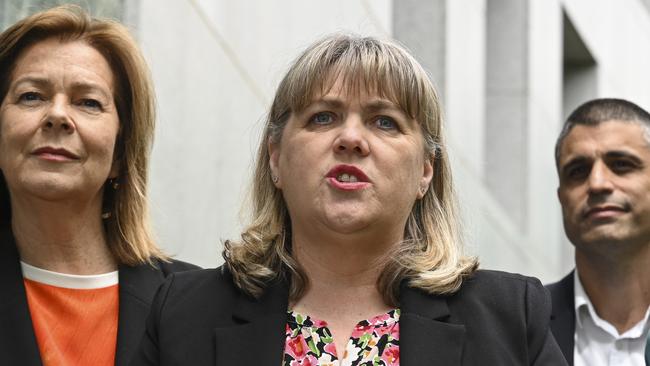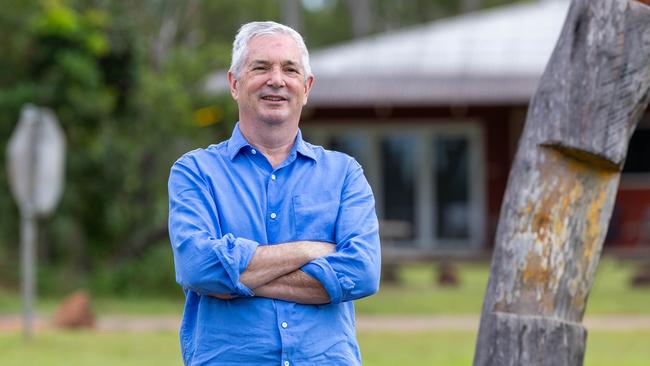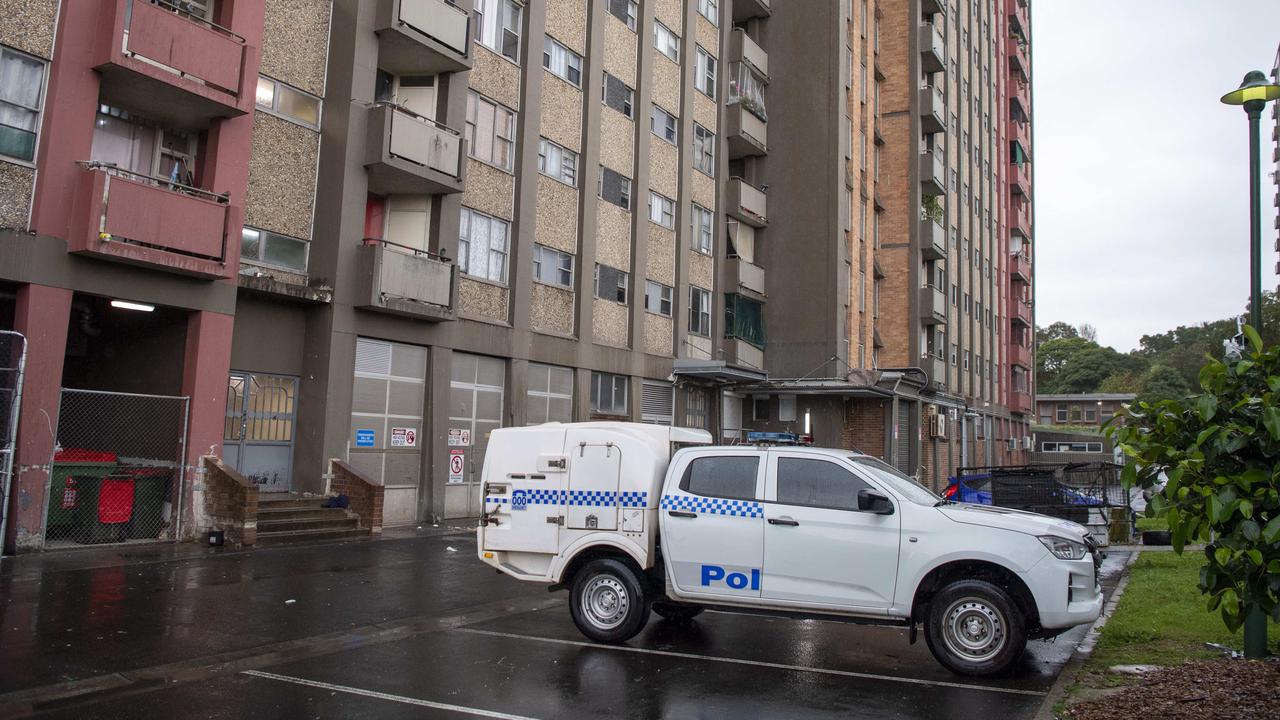Australia’s Best Teachers 2025: How to keep new teachers from quitting
Fronting a class of children for the first time can be daunting – and experts say one key change must happen to keep good teachers.

News
Don't miss out on the headlines from News. Followed categories will be added to My News.
They spend years training and preparing, but running a classroom is still a “reality check” for most new teachers.
In a bid to address dropout rates, experts are recommending early career teachers get an even earlier taste of the teaching life, including classroom placements in the first year of a degree and volunteering at schools while studying.
They are also calling for greater job security and non-teaching time for planning classes.
It comes as News Corp this week launches the third year of its Australia’s Best Teachers advocacy series to celebrate the positive impact educators have in the classrooms and the communities they serve, and tackle workforce challenges in our schools.
This year’s series is presented in partnership with Officeworks, Melbourne Archdiocese Catholic Schools, Education Perfect and Big Ass Fans.

New research shows that up to a quarter of teachers at the start of their career do not intend to remain in the profession long-term.
Experts and educators say that high workloads, job insecurity and mismatched expectations of the role are among factors driving the dropout rate.
Teachers at Adelaide’s Craigmore High School Alex Trzcinski and Morgan Smart, who both started graduate roles this year, developed strategies to keep them in the job long term.
“Early on, I certainly had days where I was full of self-doubt,” Mr Trzcinski, 22, said.
“Open and honest conversation with your colleagues is imperative to combating this issue.”
His colleague Ms Smart, also 22, said taking time to “recharge outside of school” helped her stay positive.
“There are often occasions where students have been completely disengaged and wouldn’t participate in any part of the lesson,” she said.
“Rather than taking it personally, I focused on what I could control.”
The Australian Education Union’s (AEU) latest State of our Schools survey found almost 23 per cent of teachers in the first three years of their career intended to leave the profession before retirement.
Only 15 per cent of about 1000 new teachers surveyed last year saw it as a lifelong career choice.
More than 40 per cent said reducing workloads would most help schools to retain teachers.
Separate research commissioned by the SA branch of the AEU in 2022 found about a quarter of graduates in their first five years of teaching did not intend to remain in the role long-term.
They listed concerns including teaching outside their field of expertise, not receiving mentoring and being offered casual or short-term employment contracts.
The report, by UniSA researchers, recommended offering more permanent employment opportunities, professional development and time out of the classroom for planning and training.

AEU Federal President Correna Haythorpe echoed those calls.
“By reducing class sizes, increasing education support personnel, giving teachers time to plan lessons and collaborate with colleagues and reducing administration and compliance workloads you would see more early career teachers want to stay in the profession, and more people choose teaching as a career,” she said.
Addressing the “disconnect between the expectations and realities of the profession” should also be a priority, said Australian National University communication and education expert Sean Perera.
“Most people think of teaching as a profession that happens between 9am and 3.30pm. It’s a reality check when they enter the classroom and they spend a large amount of time sitting in front of the computer doing data work,” Dr Perera said.
He advocated for classroom placements in the first year of teaching degrees “to see if their expectations meet reality” and for university students to volunteer in schools “to get their head around things before they plunge in”.

Independent Schools Australia chief executive Graham Catt agreed that misunderstandings could put graduates off.
“In some cases, beginning teachers opt out early if they feel teaching does not match their expectations, especially those who have not had a good range of placements prior to graduation,” he said.
Mr Catt noted a group of WA independent schools were piloting a two-year induction program for early career teachers, and some Queensland schools offered cadetships to pre-service teachers. Regional campuses also ran a program enabling teaching students to live and work in country schools.
More Coverage
Originally published as Australia’s Best Teachers 2025: How to keep new teachers from quitting



